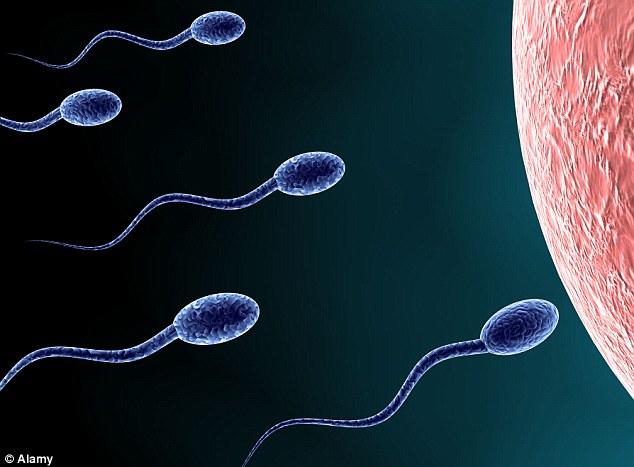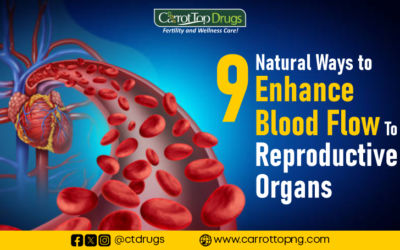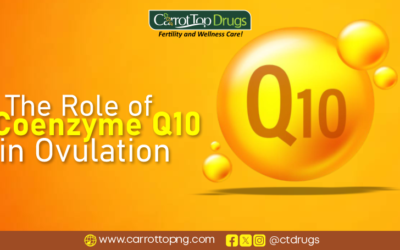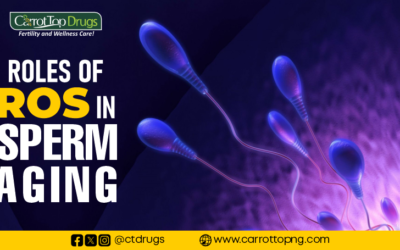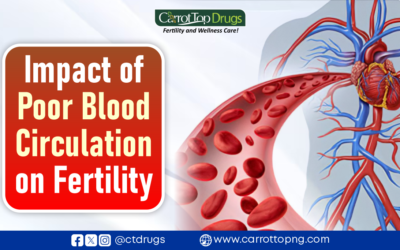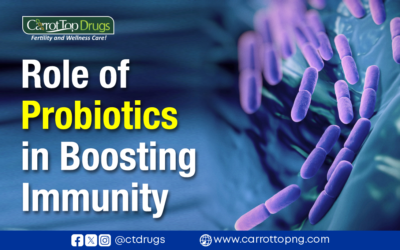Introduction
Low sperm count can be caused by many things. Let’s break it down into five main categories: health problems, medical treatments, heat exposure, environmental issues, and lifestyle choices. Low sperm count is called oligospermia. It’s diagnosed when there are less than 15 million sperm in one milliliter of semen or under 39 million sperm in a whole ejaculation. This can affect a man’s ability to father a child. Knowing the signs and causes is key for getting the right help.
Definition of Low Sperm Count
Oligospermia refers to the presence of fewer sperm cells in semen than normal for male fertility. According to the World Health Organization (WHO), a sperm concentration below 15 million sperm per milliliter or a total sperm count below 39 million per ejaculate is considered low condition. It doesn’t mean a man is sterile but lowers the likelihood of successful conception. The problem may result from medical, environmental, or lifestyle factors.
Statistics of Men with Oligospermia
Globally, oligospermia is a rising concern. Research indicates that 1 in 20 men has low sperm count, affecting approximately 5% of men worldwide.
Sturope revealed a 59% drop in sperm counts between 1973 and 2011. In Africa, inclria, infertility rates are high, with male factors contributing to nearly 50% of cases. Oligospermia is one of the leading contributors to male infertility globally.
Signs of Low Sperm Count
One of the main signs of oligospermia is trouble getting pregnant. There can also be other symptoms from health issues that stop sperm production.
Here are some common signs:
-Sexual Problems: Low sex drive or trouble getting an erection.
-Pain or Swelling: Discomfort in the testicle area, sometimes from a condition called varicocele.
-Less Body Hair: Could mean hormone issues.
-Watery Semen: This might indicate low sperm counts.
Spotting these signs early can help get to the root of the problem.
What Causes Low Sperm Count?
Sperm production is a detailed process. It relies on many parts of the body like the testes and the brain’s glands. If anything goes wrong in this system, it can lead to oligospermia. Here are the main causes:
1. Health Problems
Several health issues can lead to lower sperm counts:
– Varicocele:
Varicocele, or swollen testicular veins, is the leading cause of low sperm count in men. It impairs sperm production by increasing testicular temperature. A study published in Human Reproduction Update found varicocele present in 15% of men with infertility .
– Infections:
Sexually transmitted infections (STIs) and inflammation in the testicles can reduce sperm count. Conditions like orchitis and epididymitis block sperm transport. Chronic infections may also lead to scarring of reproductive organs.
– Retrograde Ejaculation: This happens when semen goes into the bladder, not out through the penis.
– Hormonal Issues:
Hormonal deficiencies, such as low testosterone or imbalanced follicle-stimulating hormone (FSH), can impair sperm production. Such issues are often linked to problems in the pituitary gland.
– Genetic Issues:
Genetic abnormalities, such as Klinefelter syndrome, affect testicular function and reduce sperm production. Other chromosomal disorders may also cause infertility in men.
– Celiac Disease:
Untreated celiac disease is linked to reduced fertility in men. A 2020 review in Nutrients highlighted how gluten sensitivity can affect reproductive health.
These health issues often need medical checks and treatments.
2. Medical Treatments
Some medical treatments may lower sperm counts:
– Medications: Long-term use of anabolic steroids, chemotherapy drugs, and some antidepressants affects sperm count negatively. Testosterone replacement therapy is also a common culprit.
– Surgeries: Surgeries like vasectomy or procedures involving the testicles or prostate can disrupt sperm pathways. Post-surgical scarring may also block sperm flow.
Switching or stopping these treatments might help.
3. Environmental Factors
Some things in our environment can harm sperm:
– Chemicals: Pesticides, solvents, and industrial pollutants harm sperm health. A study published in Environmental Research linked these substances to reduced sperm motility and count .
– Heavy Metals: Lead exposure disrupts sperm production. These metals are toxic to the male reproductive system.
– Radiation: High exposure to radiation damages sperm cells. Frequent medical imaging involving radiation may also have a long-term impact.
Cutting back on these environmental risks can help improve sperm health.
4. Heat Exposure
Keeping the testicles cool is important:
– Saunas or Hot Tubs:
Prolonged use of hot tubs raises scrotal temperatures, impairing sperm production. Studies show that even a few sessions can temporarily lower sperm count.
– Tight Clothes: Wearing tight underwear or pants traps heat and affects sperm production. Avoiding tight clothing helps maintain cooler testicular temperatures.
– Laptops on Lap:
Sitting for extended periods or placing laptops on laps generates heat that damages sperm over time.
Staying cool can help with sperm production.
5. Lifestyle Factors
How you live your life can also impact sperm count:
Smoking and Alcohol Use:
Tobacco damages sperm DNA, while excessive alcohol reduces testosterone. Both lower sperm count and motility.
Drug Use:
Recreational drugs like marijuana, cocaine, and anabolic steroids harm sperm health. Regular use exacerbates the issue.
Stress:
Chronic stress disrupts hormonal balance. It reduces testosterone, impacting sperm production.
Obesity:
Excess fat causes hormonal imbalances, such as elevated estrogen levels, which impair sperm production. Obesity also reduces libido and overall reproductive health.
– Switching to healthier habits can help your sperm count.
Conclusion
If you and your partner have been trying to have a baby for over a year without success and notice any signs, seek medical help. It’s important to find out why the sperm count is low and what can be done about it.
There are ways to tackle health issues, adjust medications, or change lifestyles. Also, some supplements like Evergreen Formular for Men and Evergreen Action for Men might help boost sperm count and quality. Understanding oligospermia and its causes can help you take steps for better reproductive health and reach your family goals.
FAQs
- What is oligospermia?
oligospermia means a man has fewer than 15 million sperm in a milliliter of semen or less than 39 million sperm in one ejaculation.
- What causes oligospermia?
There are several causes. These include health issues like varicocele, hormonal problems, and infections. Heat and toxins in the environment can also play a part. Certain medicines and lifestyle choices, like smoking, drinking, and being overweight, matter too.
- Can stress affect sperm count?
Yes, long-term or serious stress can throw off hormones that help make sperm. This can lead to a lower count.
- How does heat impact sperm count?
Being too hot often, like from hot tubs or wearing tight clothes, can hurt sperm production and quality.
- Can medications lower sperm count?
Yes, some medications like anabolic steroids, chemotherapy drugs, antibiotics, and some blood pressure meds can lower sperm count.
- Does smoking affect sperm?
Yes, smoking can cut sperm count and harm sperm DNA. This makes it tougher to get pregnant.
- Is there treatment for oligospermia?
Yes, treatment depends on the cause. Options include medicines, changing your lifestyle, surgery for some issues, or fertility treatments like IVF.
- How can I avoid low sperm count?
To avoid oligospermia, live a healthy life. Stay away from heat and environmental toxins. Limit alcohol and tobacco, and manage stress well.
- Does tight clothing really affect sperm count?
Yes, tight clothes can raise scrotal temperatures. This might reduce sperm production and lead to oligospermia.
- How does being obese affect sperm count?
Obesity can change hormone levels and hurt sperm production, making it a big risk for oligospermia.
FAQS
- When should I see a doctor about sperm count?
If you’ve been trying to have a baby for a year without luck or have signs like sexual issues, pain in the testes, or weird semen, talk to a doctor.
- Can pollution affect sperm count?
Yes, being around industrial chemicals, heavy metals, or radiation for a long time can harm sperm production.
- Can supplements help with oligospermia?
That’s right, some supplements, like Evergreen Formula for Men, have vitamins and minerals that may help improve sperm count and quality.
- Does drinking alcohol affect sperm?
True, drinking too much can lower testosterone and reduce sperm production, leading to a low sperm count.
- Can a man with oligospermia have kids?
Yes, many men with oligospermia can still father children. Depending on how low it is, treatments like medicine, lifestyle changes, or assisted reproductive methods can help.

